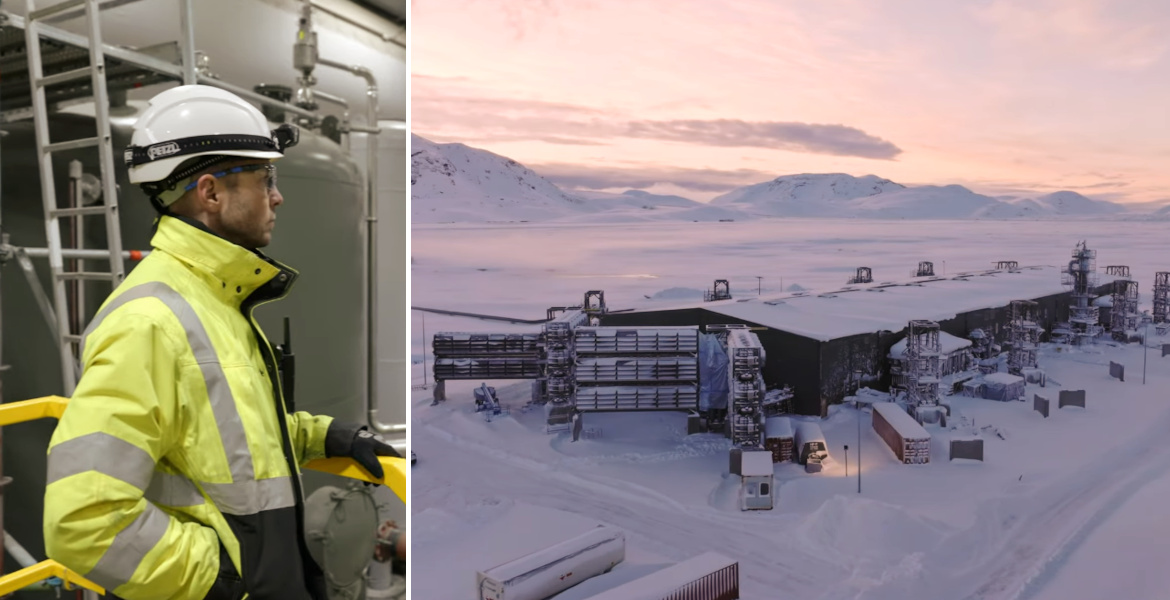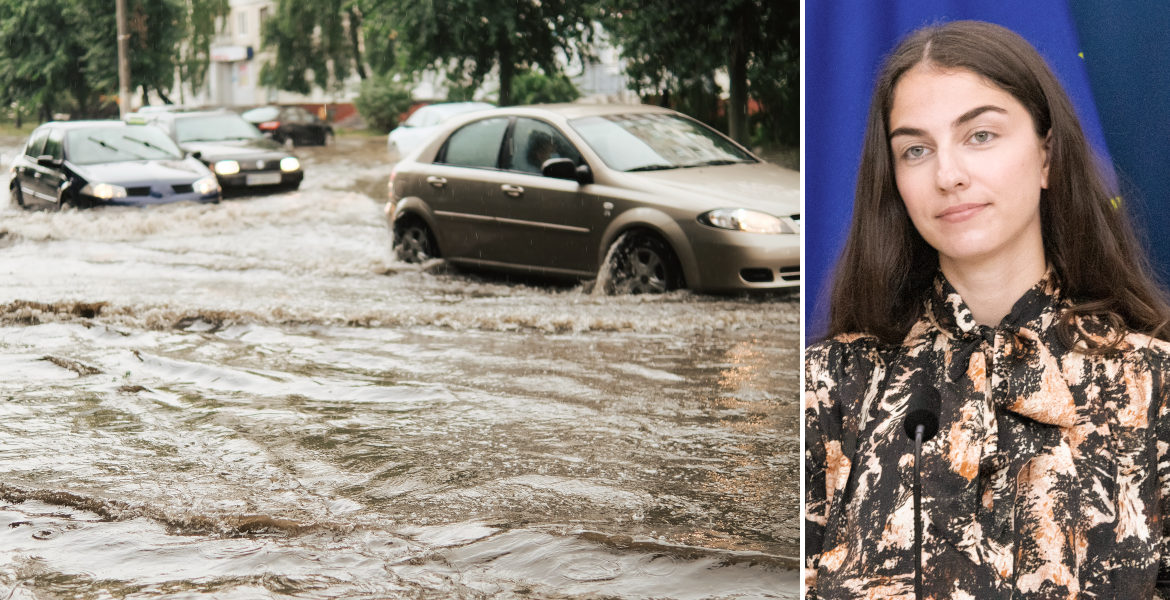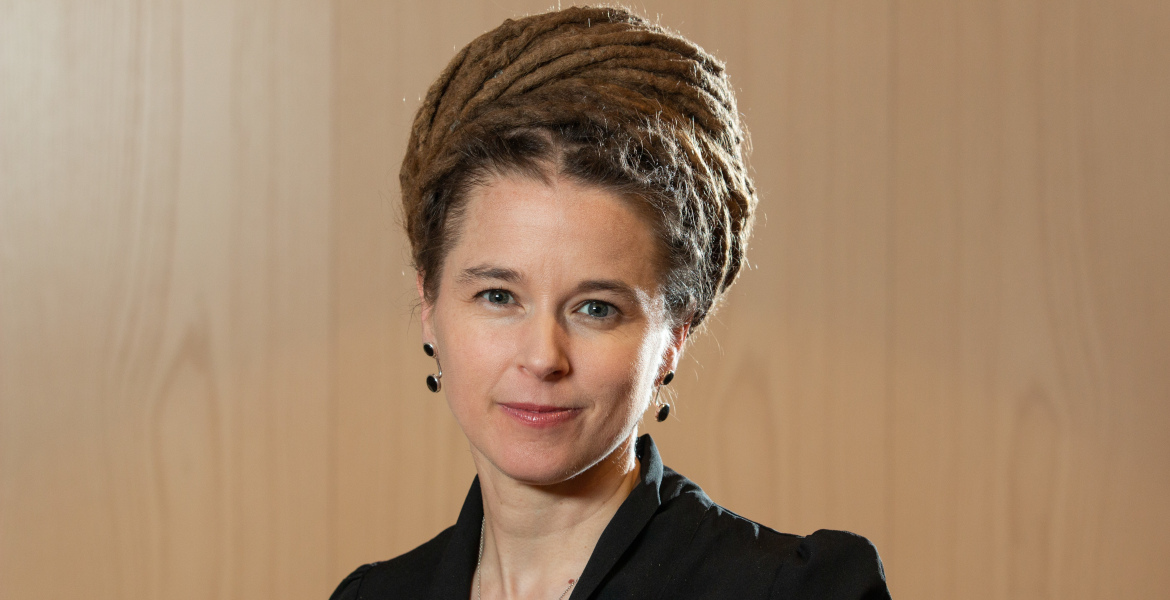Most children and adults in Sweden today are said to suffer from climate anxiety – often to the extent that it interferes with their daily lives.
However, Swedish psychologists argue that climate anxiety does not have to be a negative thing at all – on the contrary, it should be considered “a reasonable and adequate reaction”.
Climate alarmist reporting, with its recurring message that the world is becoming uninhabitable or ending due to human impact and emissions, has by all accounts had very negative effects on people’s – and especially children’s – mental health.
6 out of 10 Swedish children say they are worried about the climate and feel that adults have “let them down”. At the same time, roughly half of adults report experiencing climate anxiety so severe it affects their daily lives.
However, psychologist Fabian Lenhard believes that the widespread and very strong climate anxiety is both reasonable and logical and thinks that more people should go around feeling this anxiety.
– It is a reasonable and adequate reaction. We are concerned that something is not right, and that we need to solve a problem that we are facing. In that sense, concern is exactly the emotion we should and need to feel in relation to the climate crisis, he argues.
“Concern alone is not enough”
Many Swedes have trouble sleeping, are restless or feel tense because they are constantly walking around worrying about the climate, and this is also something that affects their everyday lives and social interactions with others.
– We do not yet know why these situations are perceived as difficult, but it may have something to do with the fact that climate is still perceived as a taboo topic in some social contexts. At the same time, we know that it is very important to be able to have open, constructive conversations about the climate, as this is a prerequisite for finding common solutions, Lenhard speculates.
Many Swedes also ask for help in dealing with their climate anxiety, but the psychologist insists that in many ways this is actually a positive thing.
– In the past, people have wondered whether there is such a thing as “eco paralysis”, i.e. being paralyzed by climate anxiety. But the opposite seems to be the case. But we also know that concern alone is not enough – guidance and support are needed to make meaningful and sustainable changes.
“Reasonable response”
Around six out of ten children feel sick or anxious about real or perceived climate change, but a large proportion of the adult population also suffers from climate anxiety.
In 2012, 39% of Swedish adults said they were “very worried” about alleged climate change – a figure that rose to 51% in 2023. If you also include the proportion of people who say they are “quite worried”, the figure rises to 84% of the population.
However, the researchers do not question the media’s often apocalyptic reporting and its impact on Swedes’ perceptions of the situation. Instead, the message is that both children’s and adults’ fears about the climate should be seen as something natural and good.
– Anxiety is a reasonable response to climate change, and under the right conditions it can lead to action. The important thing is to validate it, says psychologist and researcher Maria Ojala, from Örebro University.








